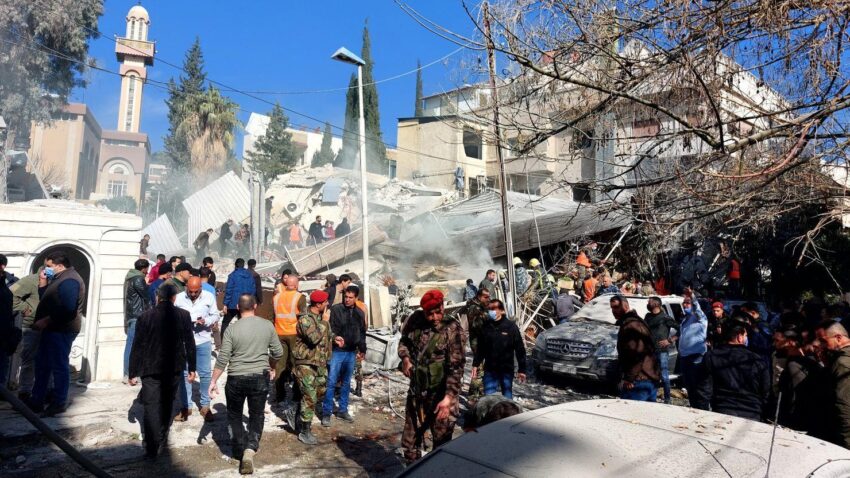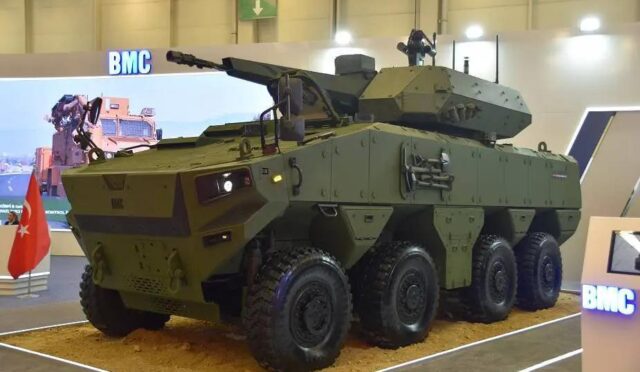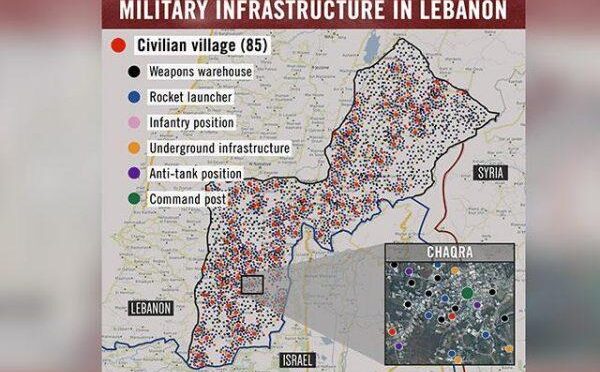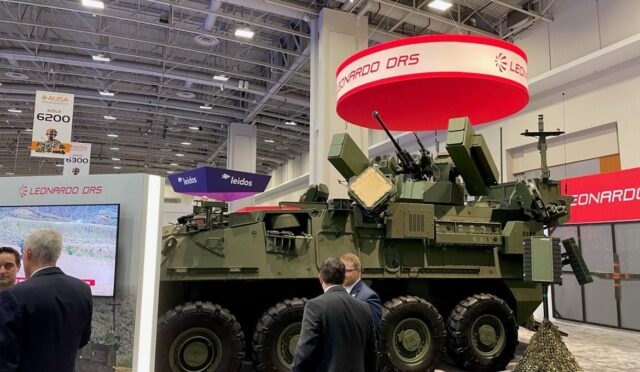Israel Military Strikes Iran: Targeting Missile Launchers
On Saturday, Israel’s military announced a significant escalation in its operations against Iran, focusing on dozens of missile launchers that threaten its territory. This decision came in response to multiple missile barrages fired by Tehran, marking a serious retaliation for recent strikes on Iranian military and nuclear sites.
The Israeli air force confirmed that it has been actively targeting surface-to-surface missile launchers in Iran, as well as various installations including crucial surface-to-air missile infrastructure. Their goal is to undermine the Iranian regime’s aerial defense capabilities, particularly around the capital city of Tehran.
Israeli Airstrikes Expand
In a notable development, the Israeli air force reportedly executed strikes over 1,500 kilometers (or more than 900 miles) from Israeli territory, specifically targeting defense networks in Tehran. This represents a significant operational expansion since hostilities began.
The Iranian military responded with missile attacks directed at Israel soon after, following a substantial assault on its nuclear and military facilities. This latest exchange has already claimed the lives of high-ranking Iranian generals and key nuclear scientists.
Casualties and Ongoing Conflict
As the conflict escalated, Israeli emergency services reported that two civilians lost their lives when a rocket impacted a residential area early Saturday morning. This incident marked another day of exchanges between both sides, occurring even amidst international calls for de-escalation.
Israeli Air Force commander MG Tomer Bar affirmed that the strikes on Tehran held both operational and national significance. He emphasized the importance of these military actions, declaring, “We have inflicted damage—and will continue to inflict damage—on strategic sites and enemy knowledge sources.”
Complexity of Military Operations
Bar further elaborated on the intricacies involved in carrying out such operations, noting the necessity for complex coordination and collaboration among various units and capabilities within the Israeli military. As tensions rise, the strategic implications of these actions could alter the dynamics of the ongoing conflict.
The situation remains volatile, and both nations continue to prepare for further escalations. The international community watches closely, hoping for a resolution to avert a larger regional conflict.






